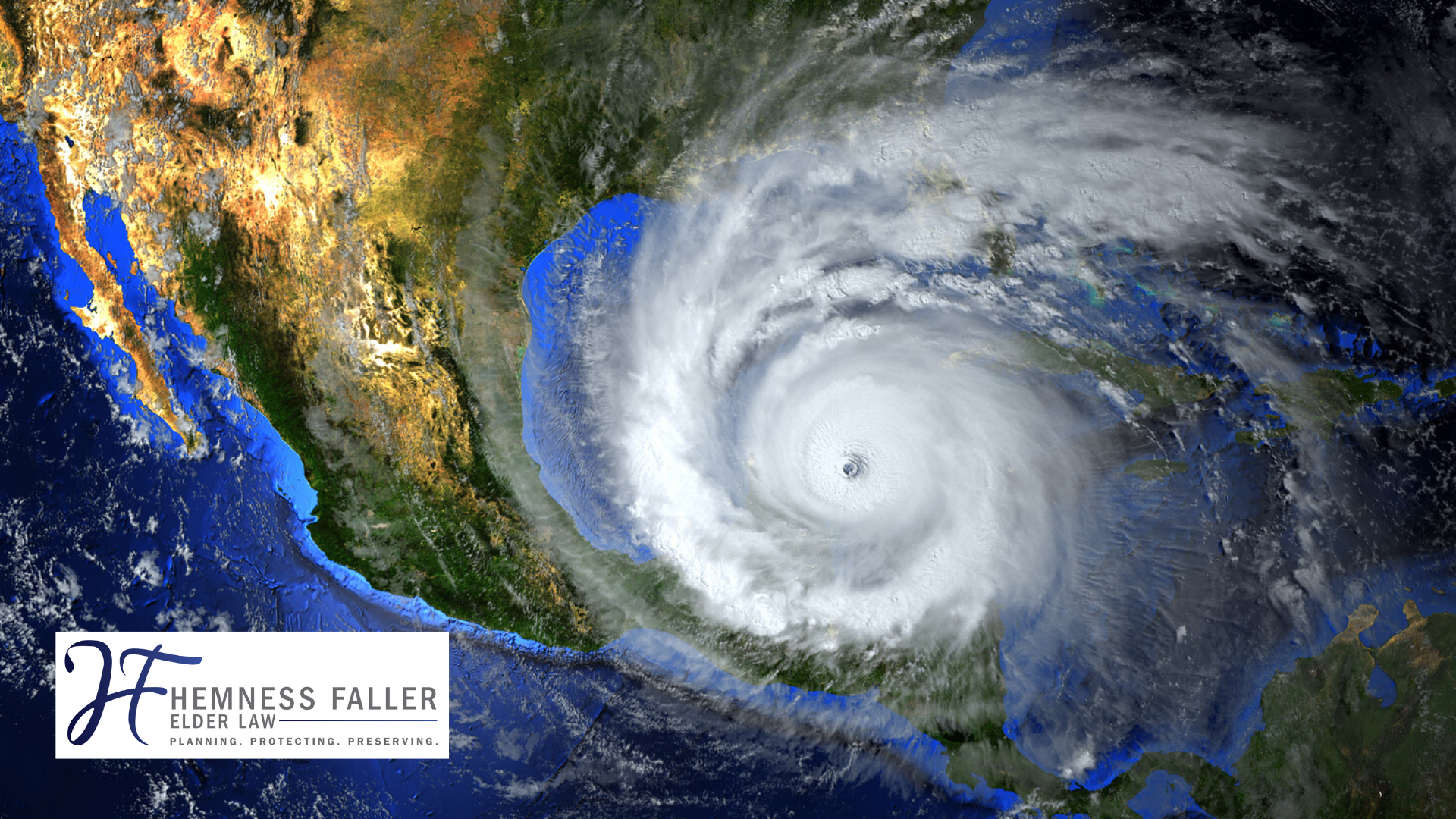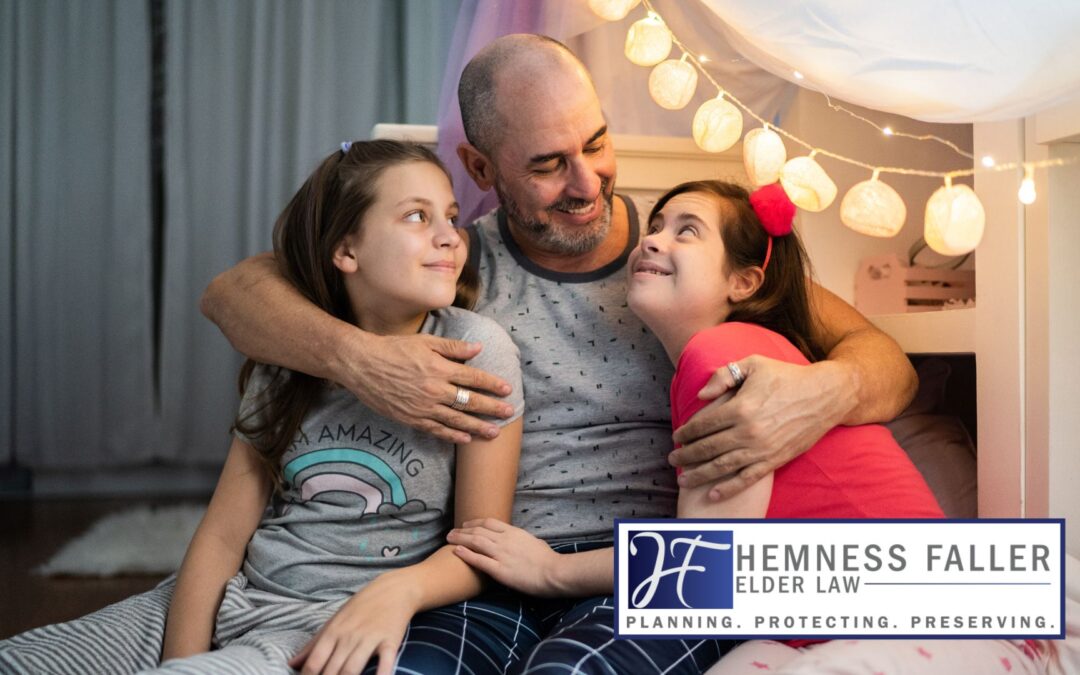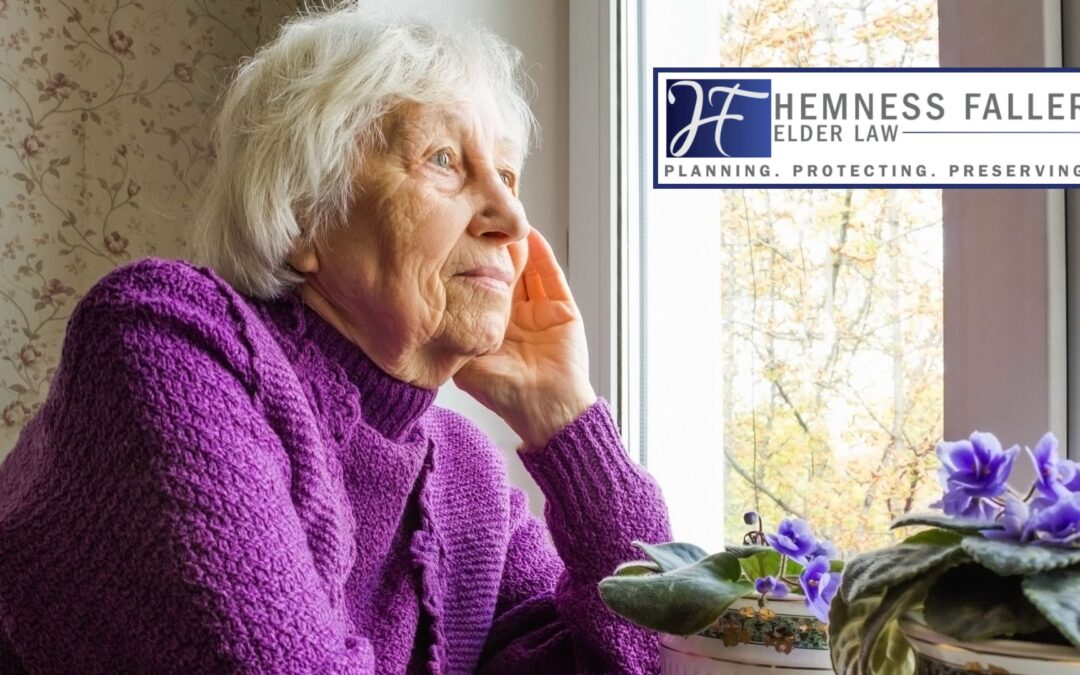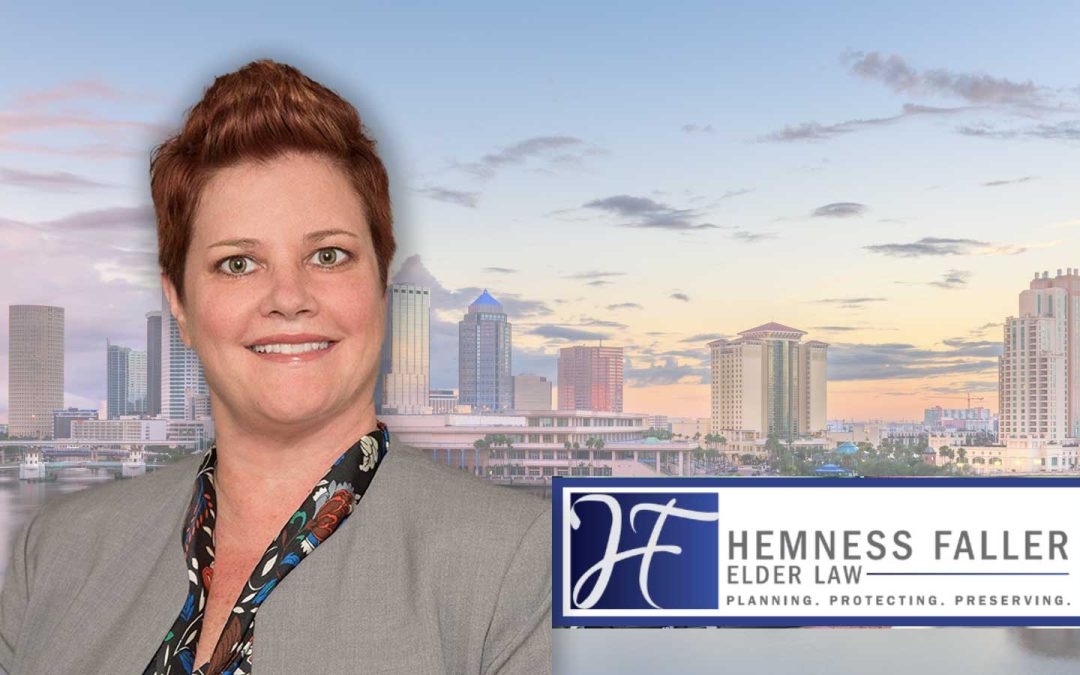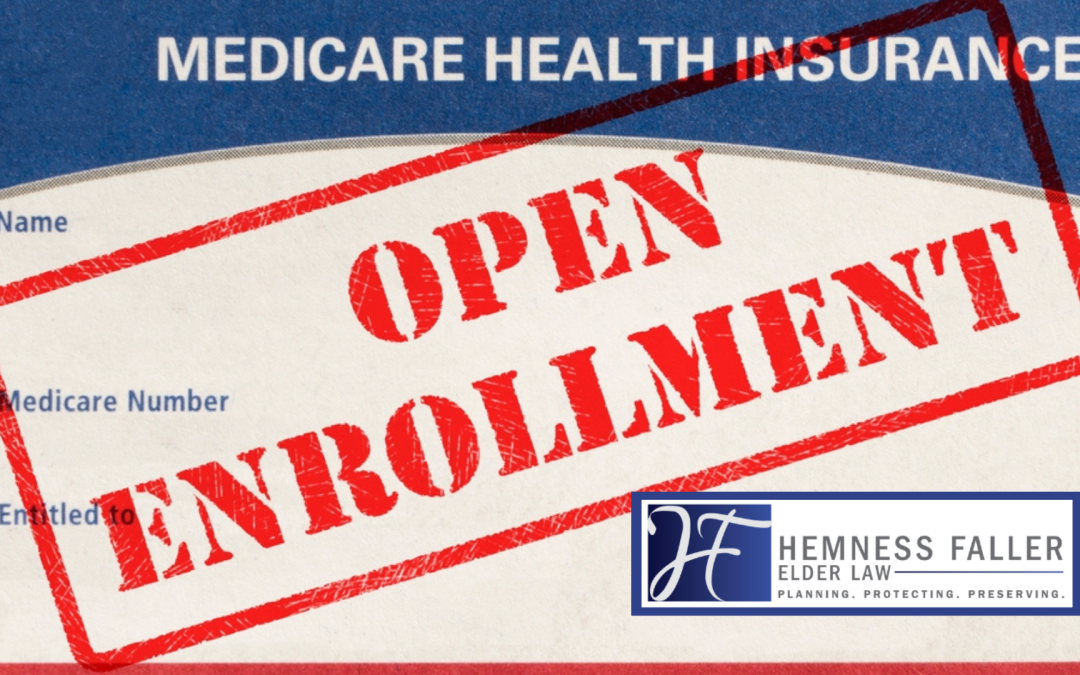Hurricanes are dangerous superstorms that have the potential to devastate large geographic areas and put millions of people at risk.
Each year, we prepare right here in Tampa Bay to ensure that our loved ones, our clients, our friends, and neighbors will be able to safely weather any storm that comes our way.
We find that Florida seniors, especially those with health concerns, are particularly vulnerable. What you may not realize, however, is that there are things you and your loved ones can do ahead of time to stay safe during hurricane season.
Let us share ten hurricane tips to consider:
- Create a support team. Talk to family members, friends, neighbors, and medical service providers to develop a hurricane support plan. Share any unique health information, and develop strategies for communication, transportation, and medical contingencies.
- Gather emergency supplies and keep them in a watertight container. Include important identification documents and medical records, as well as first aid items, a flashlight with extra batteries, whistle to call for help, and cell phone charger with charged backup battery. Make sure your support network knows where to find the emergency container and can easily access it.
- Assemble a week-long supply of prescription medicines, along with a list of all medications, their proper dosage, and any relevant allergies. Keep copies of medical insurance and Medicare cards with them.
- Talk to your doctor or health care provider about how to plan for electric durable medical equipment in the event of a hurricane-related power outage.
- Contact your city or county government’s emergency management agency or office. Many local offices keep lists of vulnerable people so they can be helped quickly in an emergency.
- Develop an evacuation plan. Research emergency shelters in your area and choose one that can support your health needs, such as offering support for assistive technology devices. Seniors should practice evacuation routes with a family member or caregiver.
- Be prepared to explain a health condition to first responders. Create laminated cards with pictures and phrases for quick assistance.
- Consider wearing medical alert tags or bracelets. In the event that you are unconscious or cannot access your medical records, ID bracelets can be a way to ensure that the right help can be provided to you in a crisis.
- Plan ahead for accessible transportation. Work with local services, public transportation or paratransit to identify evacuation-assistance options, or emergency medical transportation.
- Consider registering for the U.S. Department of Health and Human Services “Blue Button” initiative, which allows medical professionals to quickly access a patient’s health records electronically.
These are just a few of the ways we can work together this hurricane season to ensure that we all have the support we need in light of potentially harmful storms. We know this article may raise more questions than it answers. We encourage you to ask us for the assistance you need on this or any other elder care challenge you find yourself facing.

